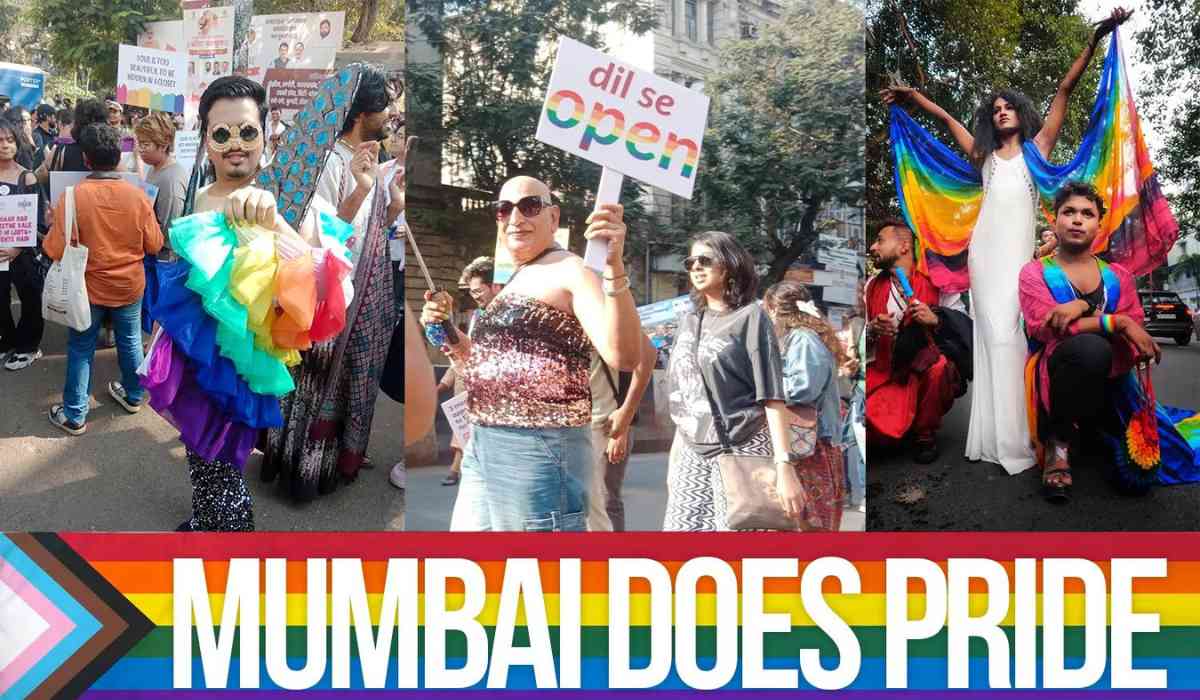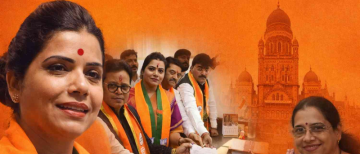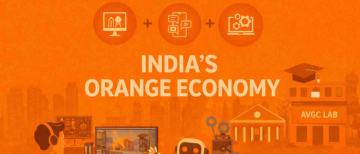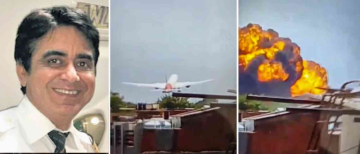The official LGBTQIA+ pride parade returned to Mumbai after a four-year break, and according to the organizers, it will be larger than ever. The march started this Saturday at 3 p.m. from August Kranti Maidan in Tardeo, i. It ended at the beginning place after passing by the Kennedy Bridge, Lamington Road, Opera House, and Nana Chowk.
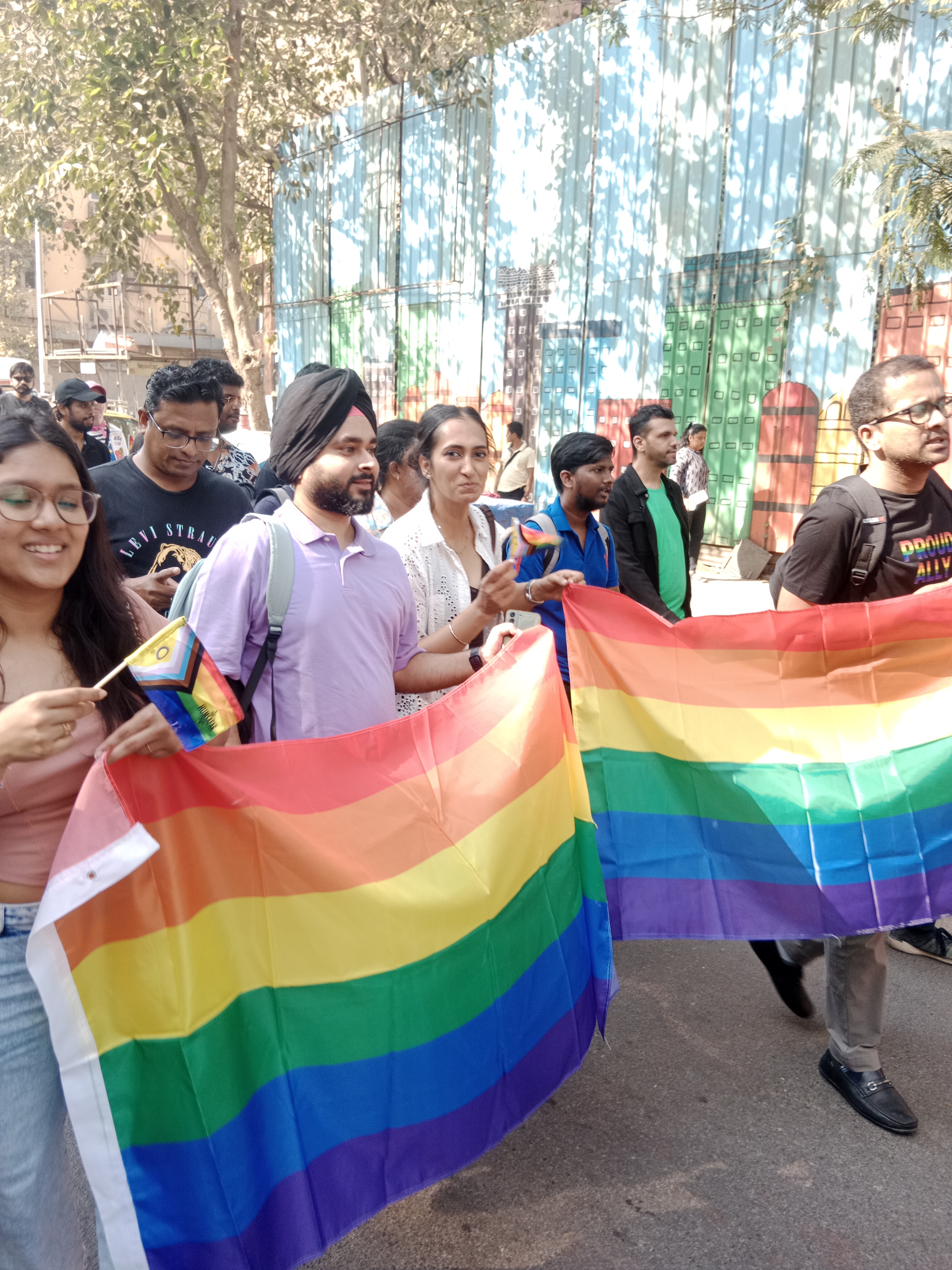
The city hosted its last pride march in early 2019, with over 8,000 people from throughout India participating. The pandemic and the difficulty in getting police clearances caused the march to be halted in the ensuing years. However, the community was resolved not to let anything stand in their way this time. To begin with, Queer Azaadi Mumbai (QAM), the organization that had previously hosted the march, was dissolved. The group Mumbai Queer Pride emerged to take its place.
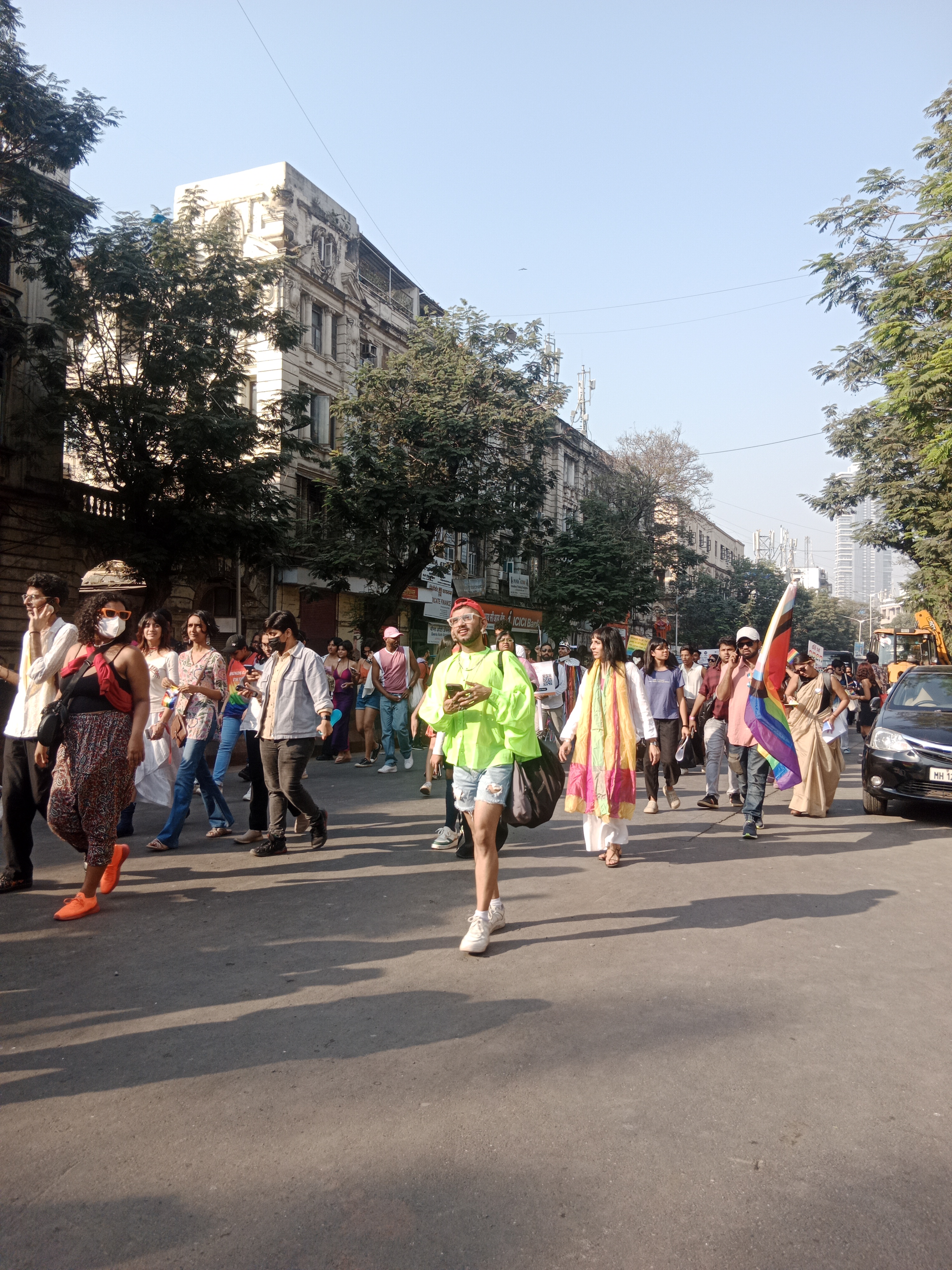
Pride March in Pride Month
Although the city has been hosting yearly pride marches since 2005, August 16, 2008 marked the official launch of the Queer Azaadi March. The march was in protest of Section 377 of the IPC, which criminalized gay and lesbian intercourse.
Winnie Chopra, who co-leads Gay Gaze Bombay with Gurleen Arora, said, "We've felt left out all these years, watching other cities celebrate pride in all its glory. It was particularly depressing because, in my opinion, Mumbai has one of the strongest LGBT scenes in the nation. Many newer voices are joining the conversation in the wake of Section 377's partial reading down. However, we're returning, and this march will be massive.”
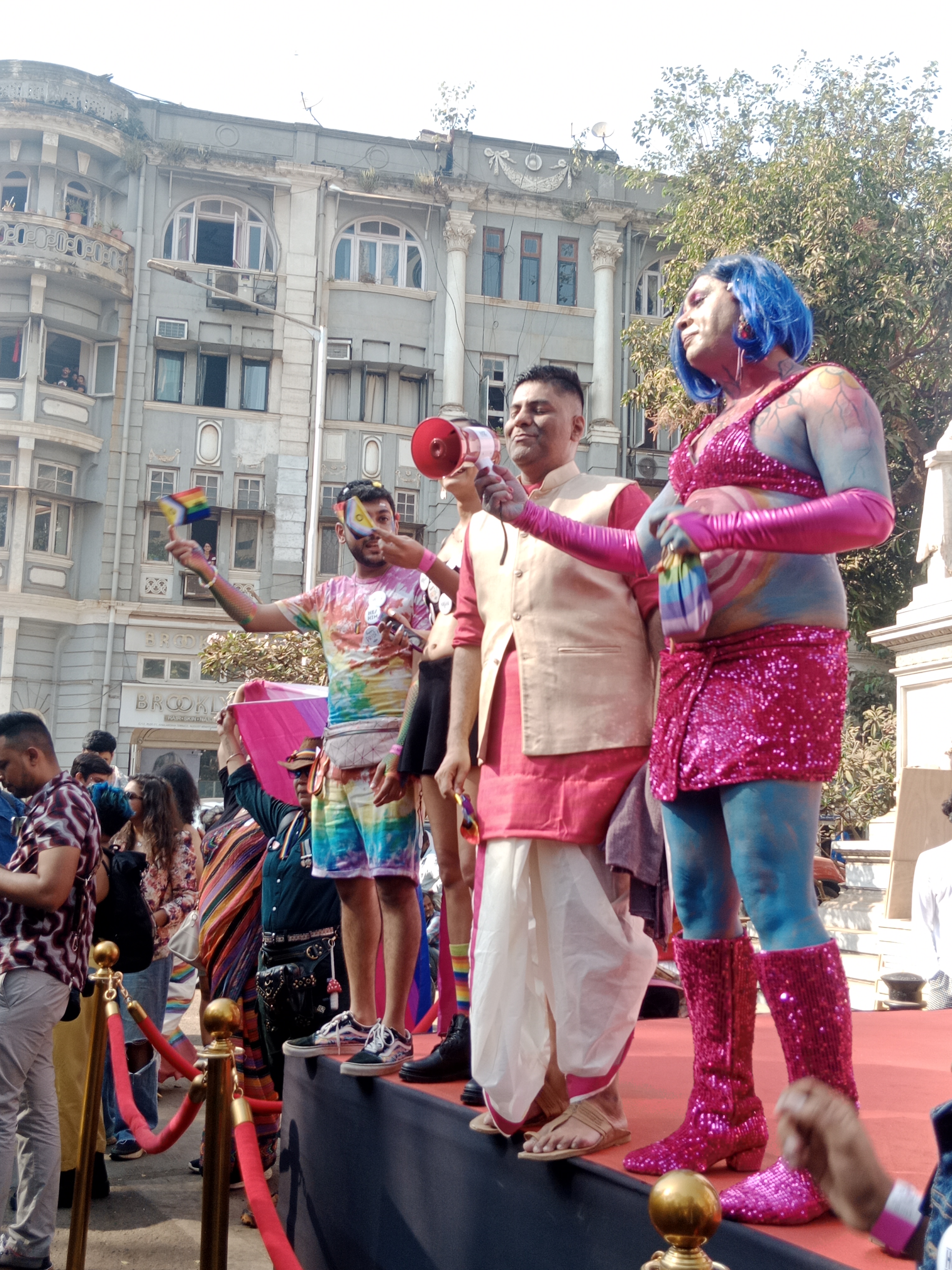
A total of eighteen events were held in January in advance of the pride march. These featured sporting events like the Gulabi Mela, a festival featuring gay artists, businesspeople, and activities, and the QGames, a beach game competition hosted on Juhu beach. In addition, HIV testing participants received free admission to the fair, and there were multiple physicians available for individuals to consult and follow up with.
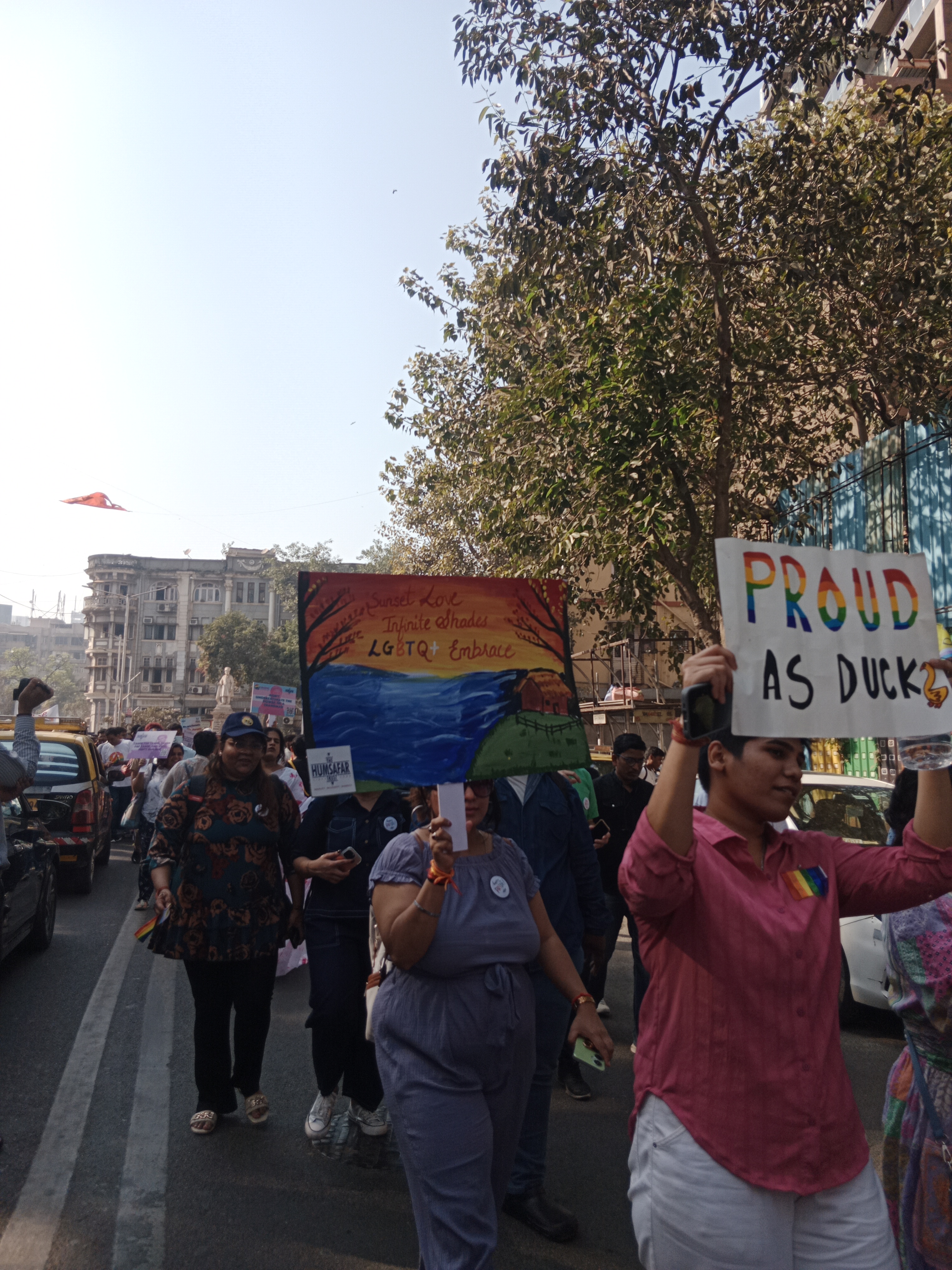
Two afterparties followed the pride march. According to Sudhanshu Latad, advocacy manager for The Humsafar Trust and member of its youth initiative Yaariyan, "with the pride march, we not only want to demand our rights to exist and have equal rights as others, but we also want to claim the streets and be visible: show people we exist, and we are in huge numbers, and we demand space within the city and all its institutions."
Ⓒ Copyright 2024. All Rights Reserved Powered by Vygr Media.

